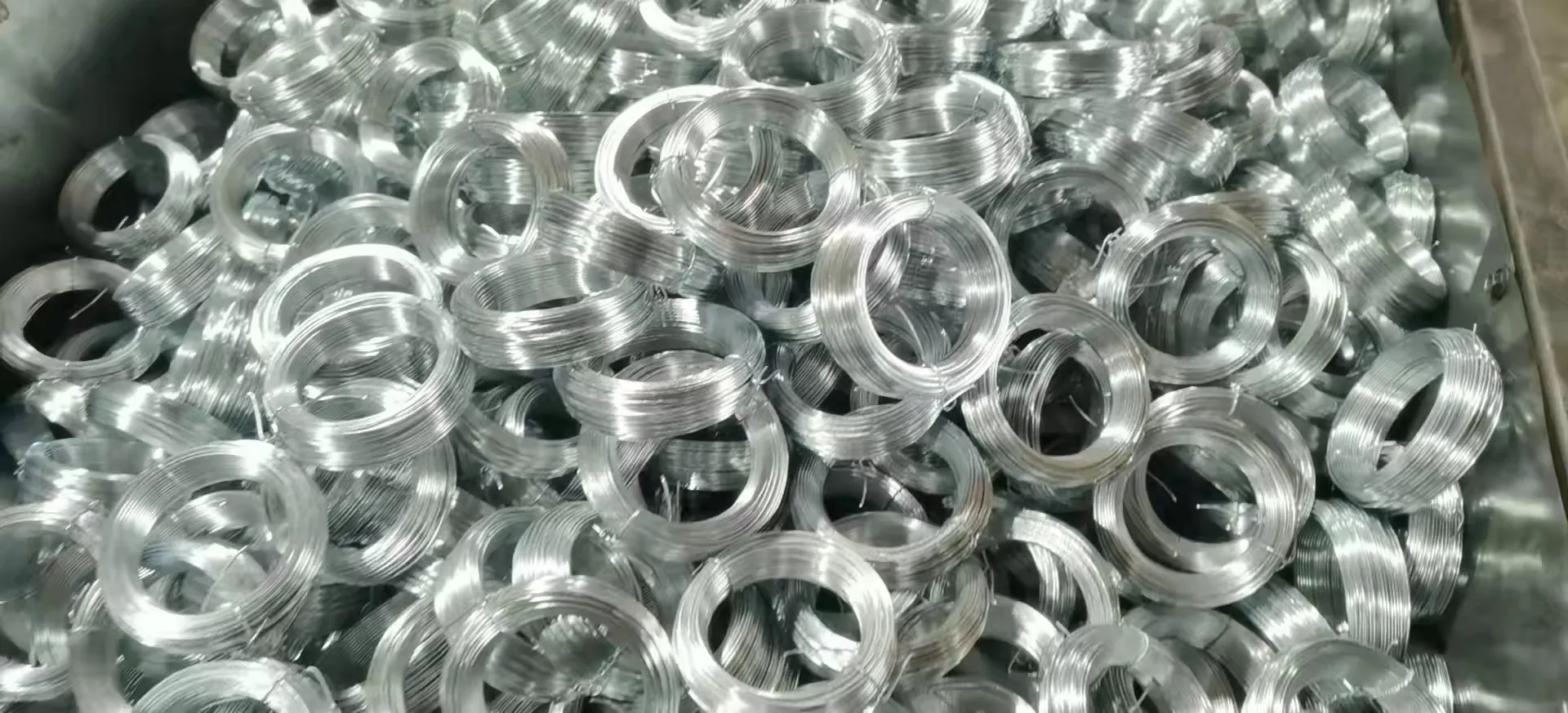Jul . 25, 2024 13:10 Back to list
Effective Strategies for Building Safe and Durable Fencing for Horses in Pasture Areas
Field Fencing for Horses Ensuring Safety and Security
When it comes to keeping horses safe, securing their environment is paramount. One of the most crucial aspects of horse care is the selection and installation of appropriate field fencing. The right fencing not only protects horses from escaping but also prevents them from entering dangerous areas or interacting with hazardous animals. In this article, we will explore the various types of fencing materials, their advantages and disadvantages, and key considerations when installing horse fencing.
Types of Fencing Materials
1. Wooden Fencing Traditional wooden fencing is often favored for its aesthetic appeal and sturdiness. It can be constructed in various styles, including board fencing, post-and-rail, and stock fencing. While wooden fences are durable and can withstand the physical demands of horses, they require regular maintenance to prevent rotting, splintering, and warping. For this reason, pressure-treated wood or cedar can be advantageous, providing better longevity.
2. Wire Fencing Wire fencing, such as high-tensile wire or woven wire, is commonly used in equestrian settings. High-tensile wire is strong and flexible, making it capable of adapting to different terrains without sagging or breaking. Woven wire, on the other hand, consists of interconnected wires that form a grid, providing a safe barrier for horses. While wire fencing can be an affordable option, it's essential to ensure that the wire is taut and properly secured to avoid injuries from sharp edges.
3. Plastic Fencing Polyvinyl chloride (PVC) fencing has gained popularity due to its low maintenance requirements and long lifespan. Available in various styles and colors, plastic fencing is aesthetically pleasing and safe, as it doesn’t splinter. However, it may not be as strong as wooden or wire options, particularly for larger, more powerful horses. The UV resistance of quality PVC can also reduce the chances of fading or brittleness over time, making it a worthwhile investment.
field fencing for horses

4. Electric Fencing Electric fencing serves as an effective deterrent for horses that might attempt to escape. By delivering a mild shock, it discourages horses from pushing or jumping against the fence. Electric fencing can be used as a standalone option or combined with traditional fencing to enhance security. However, it requires careful installation and regular maintenance to ensure that it functions correctly, and horse owners must be cautious to avoid injuries.
Key Considerations for Installation
When installing horse fencing, several factors should be taken into account to maximize safety and functionality. First, evaluate the specific needs of your horses, including their size, temperament, and behavior. For instance, if you have larger breeds or horses prone to jumping, stronger and taller fencing may be necessary.
Additionally, consider the terrain and location. Fencing installed on sloped land may require specialized techniques to prevent sagging and ensure stability. Checking local regulations or guidelines can also be beneficial, as some areas may have specific requirements for fencing height and spacing.
Regular maintenance is critical for the longevity and safety of any fencing. Inspect the fence periodically for damage, exertion of weight, or signs of wear. Repairing any issues promptly can prevent potential accidents and ensure the safety of your horses.
In conclusion, field fencing is an essential element in the care and management of horses. By selecting suitable materials, considering the unique needs of your horses, and maintaining the fencing properly, you can create a safe and secure environment that promotes their health and well-being. Whether opting for wooden, wire, plastic, or electric fencing, the right choice will contribute significantly to the overall safety and happiness of your equine companions.
-
Weather Resistance Properties of Quality Roofing Nails
NewsAug.01,2025
-
How Galvanised Iron Mesh Resists Corrosion in Harsh Environments
NewsAug.01,2025
-
Creative Landscaping Uses for PVC Coated Wire Mesh Panels
NewsAug.01,2025
-
Common Wire Nail Dimensions and Their Specific Applications
NewsAug.01,2025
-
Choosing the Right Welded Wire Sheets for Agricultural Fencing
NewsAug.01,2025
-
Anti - Climbing Features of Razor Wire Barriers
NewsAug.01,2025









